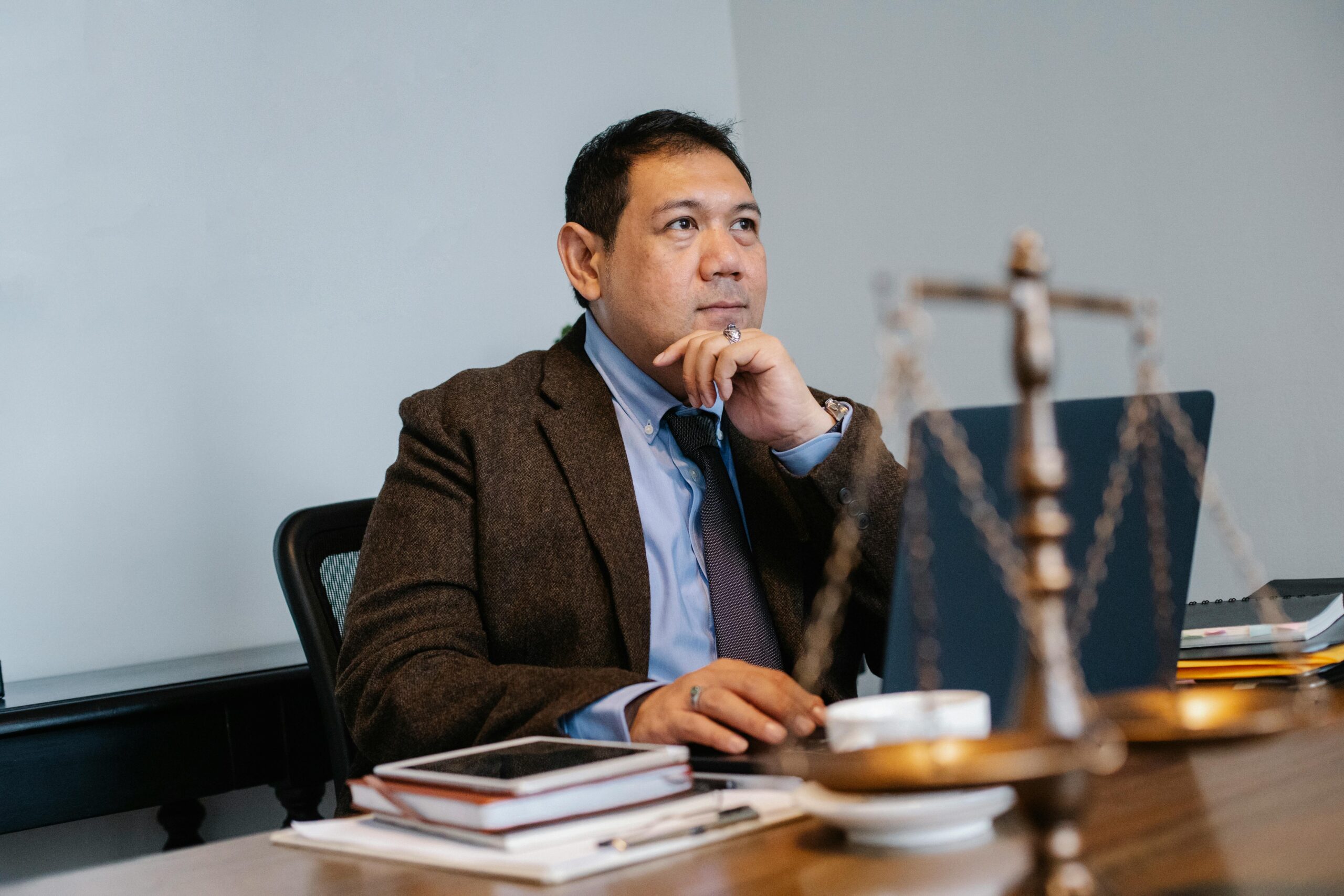1. The Right to Remain Silent
Article 20(3) of the Indian Constitution protects individuals from self-incrimination. This means you are not obligated to testify against yourself. During questioning or investigation, you have the right to stay silent and consult your lawyer before responding to any inquiry.








